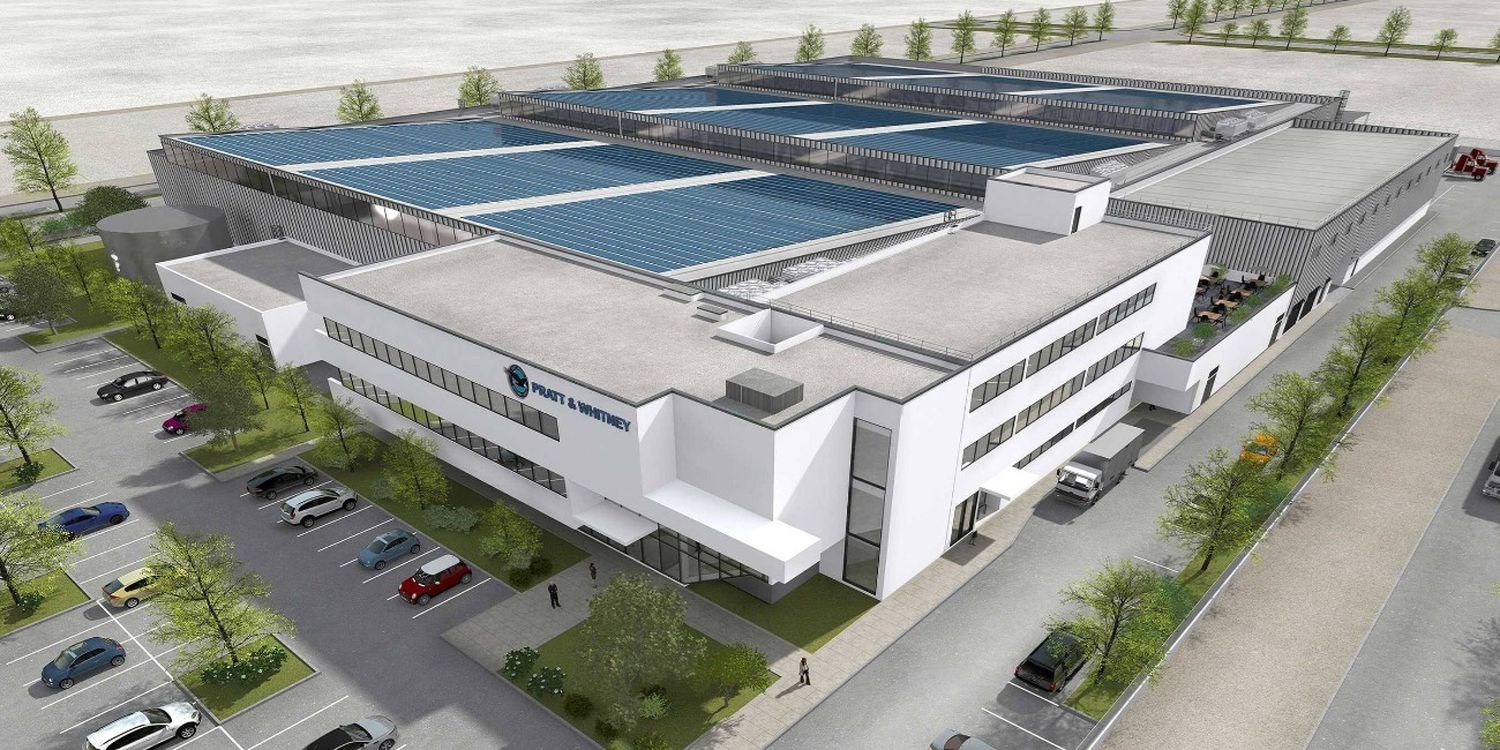Paris Air Show: Pratt & Whitney to launch a new manufacturing facility in Morocco
At the Paris Air Show, Pratt & Whitney announced that it will launch a new subsidiary in Casablanca, Morocco. The facility will manufacture static and structural machined parts for various aircraft engine models.
Construction is scheduled to begin in the fourth quarter of this year. The component factory could then be operational by 2025. The company remarked that its operation will create up to 200 jobs by 2030.
Pratt & Whitney bets on the production of components in Morocco
According to a company press release, the investment in the North African country is key to the development of cost-effective sourcing capabilities, with the aim of increasing competitiveness and optimising asset management.
«Morocco was selected after a global benchmarking exercise due to its growing hub of aerospace companies, cost of business and trained, available talent», Pratt & Whitney explained.
«Morocco offers many benefits for aerospace manufacturing», said Maria Della Posta, President of Pratt & Whitney Canada. «The growing aerospace community in Casablanca ensures a highly valuable talent pool, a positive economic environment and the support from Morocco’s government», she added.
«Pratt & Whitney’s investment in Morocco will strengthen our aerospace ecosystem by fostering innovation, research, and the development of new technologies», assured the representative of the Moroccan Ministry of Investment, Convergence and Evaluation of Public Policies. «It will create job opportunities for our talented youth, foster knowledge transfer, and promote collaboration between local and international stakeholders», he added.
The future Casablanca facility
Pratt & Whitney’s Casablanca facility will cover an area of 130.000 square feet. According to the company, it will be built according to state-of-the-art efficiency principles, both in terms of quality and cost.
The components factory would allow the company to increase its presence and strengthen its relationship with its customers and partners in the region. For months, it has been facing setbacks in complying with the overhaul and repair processes for some of its products. Mostly, these problems stem from supply chain disruptions that cause delays in scheduled maintenance, although operational problems have also been reported.
The situation has forced several customers to ground part of their fleet equipped with GTF engines. These temporary groundings continue to have an impact on airline business and are causing dissatisfaction among operators.
While Pratt & Whitney assures that it is working to normalise the situation, the persistence of the problems could have an impact on future aircraft orders. In this context, adding component manufacturing slots would help improve its production capacity.
See also: Industry impacted by Pratt & Whitney engines issues


Comentarios
Para comentar, debés estar registrado
Por favor, iniciá sesión